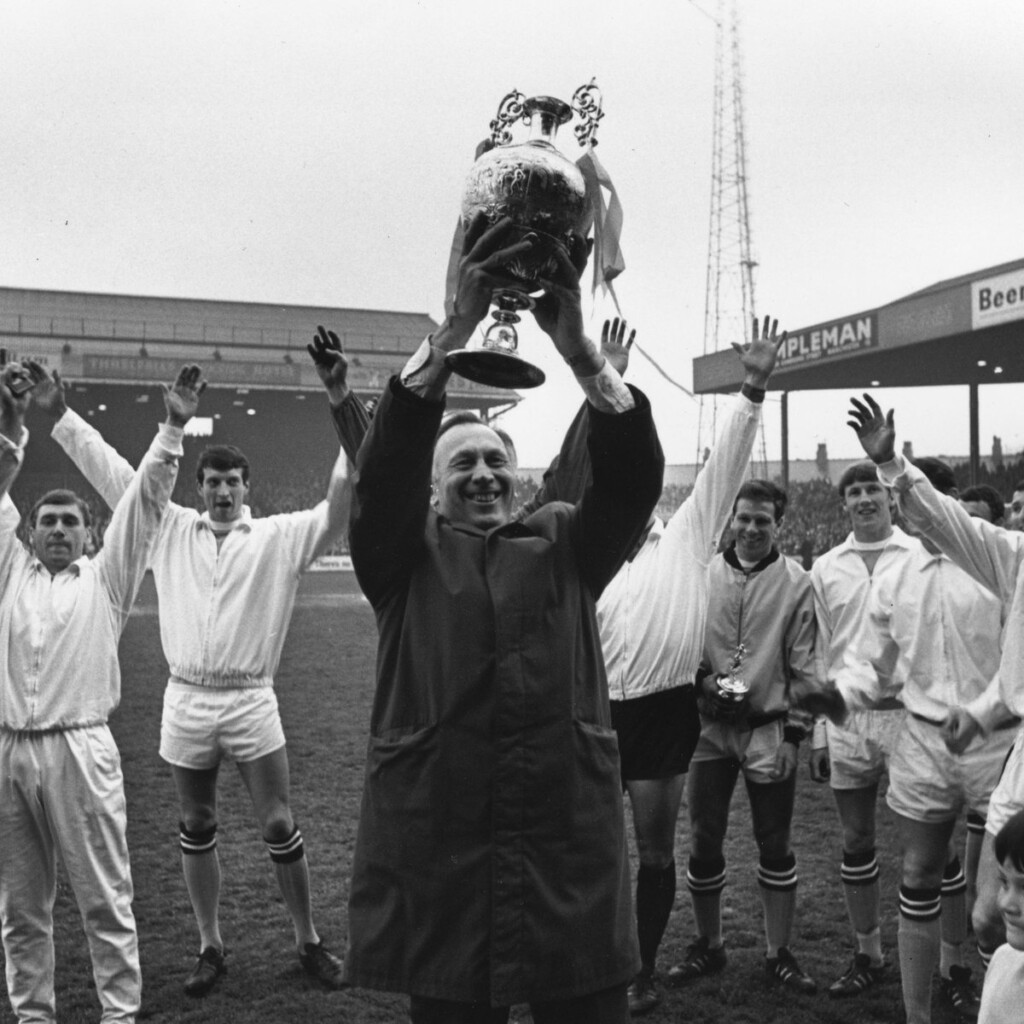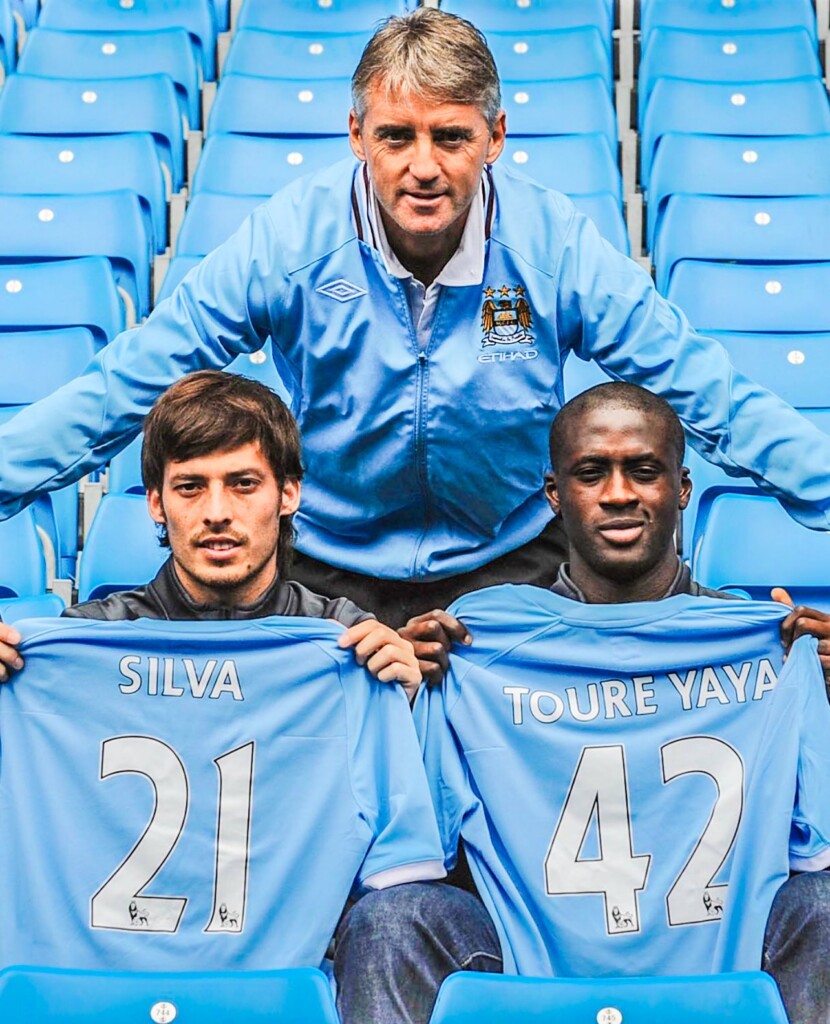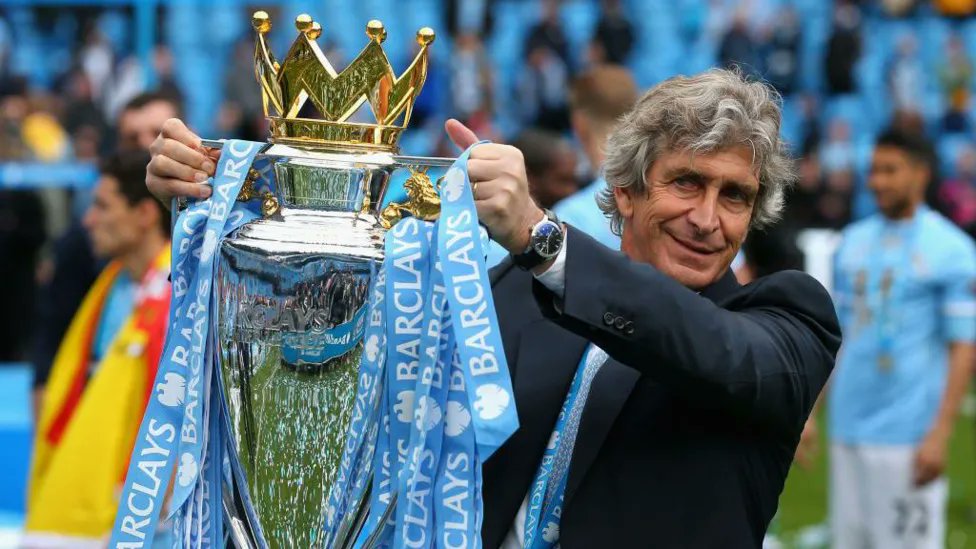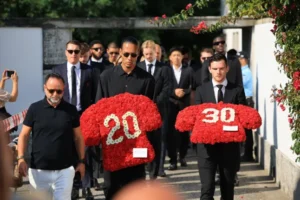Manchester City Football Club, one of the most prominent football clubs in the world, has a storied history filled with triumphs, challenges, and significant moments. Central to this history is the role of its managers, who have each left their mark on the club. In this article, we’ll take a closer look at the most influential Manchester City managers, examining their contributions and the legacy they’ve built at the Etihad Stadium.
1. Joe Mercer (1965-1971): The Architect of Modern Manchester City
Joe Mercer is often credited with laying the foundation for Manchester City’s success in the modern era.Mercer won the league with both Arsenal and Everton before being appointed Manchester City manager in 1965.Mercer transformed the club from mid-table mediocrity to one of England’s top teams. Under his guidance, City won the First Division title in 1968, the FA Cup in 1969, and the European Cup Winners’ Cup in 1970. Mercer’s ability to build a cohesive team that played attractive, attacking football set the standard for future generations and future Manchester City managers.

2. Malcolm Allison (1971-1973, 1979-1980): The Visionary
Malcolm Allison, who initially served as Mercer’s assistant, took over as manager in 1971. Known for his flamboyant personality and innovative tactics, Allison sought to bring European glory to Manchester City. Although his second stint as manager wasn’t as successful, Allison’s influence on the club’s style and culture is undeniable. He was a pioneer in bringing a more tactical approach to English football and remains one of the beloved Manchester City managers.
3. Tony Book (1974-1979): The Steady Hand
Tony Book, a former City captain, became manager in 1974 and led the team during a turbulent time. Book’s management style was calm and methodical, and he guided City to a League Cup victory in 1976. While his tenure was not marked by the same level of success as Mercer or Allison, Book’s leadership helped stabilize the club during a difficult period.
4. Kevin Keegan (2001-2005): The Entertainer
Kevin Keegan brought excitement back to Manchester City during his time as manager. Appointed in 2001, Keegan was tasked with returning the club to the Premier League, which he achieved in his first season. Known for his attacking football, Keegan helped City establish themselves as a Premier League force. While silverware eluded him, Keegan’s tenure is remembered for revitalizing the club’s fanbase and laying the groundwork for future success.
5. Roberto Mancini (2009-2013): The Game-Changer
Roberto Mancini’s arrival at Manchester City marked the beginning of a new era. Backed by significant financial investment, Mancini led City to their first Premier League title in 44 years in 2012, a historic moment that is etched in the memories of all City fans. His disciplined approach and tactical acumen helped City become a dominant force in English football. Mancini also secured the FA Cup in 2011, ending the club’s 35-year trophy drought.

6. Manuel Pellegrini (2013-2016): The Gentleman
Manuel Pellegrini, known for his calm demeanor and attacking philosophy, succeeded Mancini in 2013. Under Pellegrini, Manchester City won the Premier League in 2014, playing some of the most attractive football in the club’s history. Pellegrini’s tenure also saw City reach the semi-finals of the UEFA Champions League for the first time. His gentlemanly conduct and focus on fair play earned him respect from fans and players alike.

7. Pep Guardiola (2016-Present): The Most successful of Manchester City managers
Pep Guardiola’s appointment in 2016 signaled Manchester City’s intent to dominate not just domestically, but also on the European stage. Guardiola, one of the most successful managers in football history, brought his unique brand of possession-based, attacking football to the Etihad. Under his leadership, City won an unprecedented domestic treble in the 2018-2019 season, including the Premier League, FA Cup, and League Cup. Guardiola has also overseen multiple Premier League titles, transforming City into one of the most feared teams in Europe.

Guardiola’s influence extends beyond just trophies. He has revolutionized English football with his innovative tactics and has built a team that is admired for its technical skill, work ethic, and consistency. His tenure at Manchester City is shaping up to be one of the most successful in the club’s history.
Conclusion
Manchester City’s history is rich with managerial talent, each contributing to the club’s evolution in different ways. From Joe Mercer’s foundational work to Pep Guardiola’s modern-day dominance, Manchester City managers have played pivotal roles in shaping the club’s destiny. As City continues to grow and achieve new heights, the legacy of these managers will always be remembered by fans and football enthusiasts alike.
For more insights into the history and future of Manchester City, stay tuned to our blog and keep following the journey of one of football’s greatest clubs.





